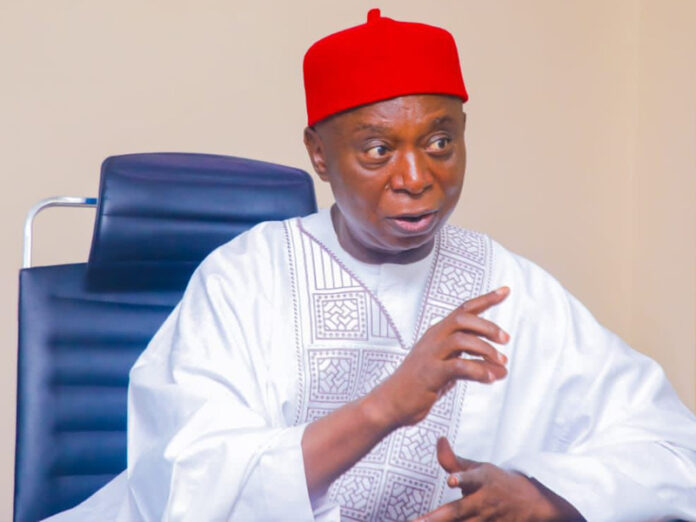Senator Ned Nwoko, Chairman of the Senate Ad-Hoc Committee on Crude Oil Theft, has ramped up efforts to combat crude oil thefts through high-level engagements with key petroleum regulators and international allies.
To this end, Nwoko met with Engr. Babajide Fashina of the Nigerian Upstream Petroleum Regulatory Commission (NUPRC) and Mrs. Ngozi Nwankwo of the Nigerian Midstream and Downstream Petroleum Regulatory Authority (NMDPRA). Flanked by his Spanish counterpart, Mr. Bernardino Ferrer, Nwoko zeroed in on attracting foreign direct investment and tightening regulatory frameworks to secure Nigeria’s energy assets.
“These engagements are part of our broader commitment to a secure, transparent, and investor-friendly petroleum sector,” Nwoko said, emphasizing that synergy between lawmakers, regulators, and global partners is vital to restoring confidence and curbing massive oil losses.
Despite official claims of a reduction in daily theft to 5,000 barrels in early 2025—a reported 58.3% drop—Nwoko insists the real picture remains grim, citing unreported losses and systemic leakages that continue to drain national revenue.
Efforts have stepped up across the board. The Nigerian Navy reports intercepting 76 vessels involved in oil theft since mid-2023, recovering over 170,000 barrels of crude and millions of liters of illegal products. May 2025 alone saw the destruction of 19 illegal refineries and the arrest of 20 suspects, alongside the rollout of 37 new evacuation routes to complicate theft logistics.
The Senate Committee also recently met with the Inspector General of Police, Kayode Egbetokun, to hash out a unified security and enforcement strategy.
Beyond the fire-fighting, Nwoko is pushing for structural reforms—tougher penalties, improved oil flow traceability, community-based security models, and forensic audits to track stolen crude across borders.
His meeting with NMDPRA highlighted the need to fix inefficiencies in the petroleum value chain and improve monitoring tools to create a more investor-friendly climate, long hindered by corruption and insecurity.
Though details of Spain’s potential collaboration remain under wraps, Mr. Ferrer’s presence underscores Nigeria’s call for international partnerships in safeguarding its oil wealth.
Still, challenges loom. The Nigerian Economic Summit Group warns that aging infrastructure, sabotage, and poor enforcement continue to undermine reforms. Nwoko remains cautiously optimistic.
“Progress is real, but fragile,” he said. “The next few months will determine whether we win this war or slip back into complacency.”

